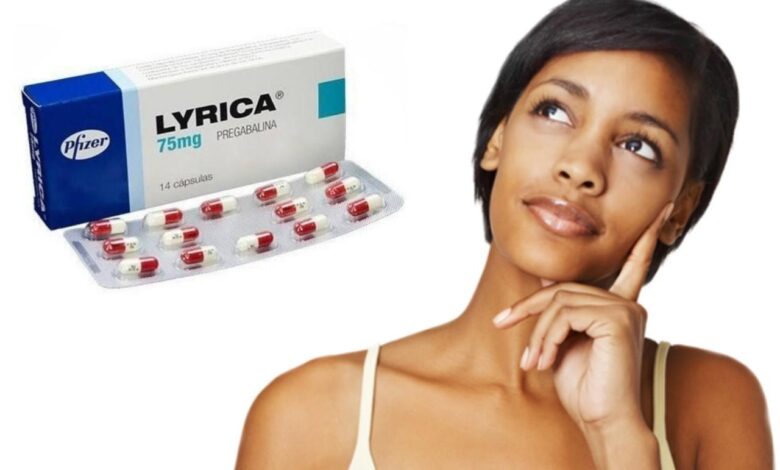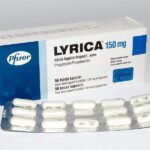What Not To Take With Lyrica

Lyrica is a brand of pregabalin, a medication used to relieve neuropathic pain (pain from damaged nerves) that can occur in your arms, hands, fingers, legs, feet, or toes if you have diabetes and postherpetic neuralgia (PHN; the burning, stabbing pain or aches that may last for months or years after an attack of shingles).
Pregabalin is in a class of medications called anticonvulsants. It works by decreasing the number of pain signals that are sent out by damaged nerves in the body.
Pregabalin capsules and oral solution are also used to relieve neuropathic pain that can occur after a spinal cord injury and to treat fibromyalgia (a long-lasting condition that may cause pain, muscle stiffness and tenderness, tiredness, and difficulty falling asleep or staying asleep).
Pregabalin capsules and oral solution are used along with other medications to treat certain types of seizures in adults and children 1 month of age and older.
How to take Lyrica?
Use Lyrica (Pregabalin) exactly as directed on the label, or as prescribed by your doctor. Do not use in larger or smaller amounts or for longer than recommended.
Follow all directions on your prescription label and read all medication guides or instruction sheets. Your doctor may occasionally change your dose. Use the medicine exactly as directed.
Take the medicine at the same time each day, with or without food.
Swallow an extended-release tablet whole and do not crush, chew, or break it.
Measure liquid medicine carefully. Use the dosing syringe provided, or use a medicine dose-measuring device (not a kitchen spoon). Call your doctor if your symptoms do not improve, or if they get worse.
Do not stop using pregabalin suddenly, even if you feel fine. Stopping suddenly may cause increased seizures or unpleasant withdrawal symptoms. Follow your doctor’s instructions about tapering your dose for at least 1 week before stopping completely. In case of emergency, wear or carry medical identification to let others know you take seizure medication.
What is drug interaction?
A drug interaction can be defined as an interaction between a drug and another substance that prevents the drug from performing as expected. This definition applies to interactions of drugs with other drugs (drug-drug interactions), as well as drugs with food (drug-food interactions) and other substances.
Whenever two or more drugs are being taken, there is a chance that there will be an interaction among the drugs. The interaction may increase or decrease the effectiveness of the drugs or the side effects of the drugs. The likelihood of drug interactions increases as the number of drugs being taken increases. Therefore, people who take several drugs are at the greatest risk for interactions. Drug interactions contribute to the cost of healthcare because of the costs of medical care that are required to treat problems caused by changes in effectiveness or side effects. Interactions also can lead to psychological suffering that can be avoided.
What Not To Take With Lyrica
When used together with the following drugs, Lyrica can have serious interactions:
• Benazepril
• Captopril
• Enalapril
• Everolimus
• Fosinopril
• Imidapril
• Moexipril
• Perindopril
• Quinapril
• Ramipril
• Sirolimus
• Temsirolimus
• Trandolapril
Moderate interactions of Lyrica include:
• Clobazam
• Deutetrabenazine
• Lurasidone
• Orlistat
This document does not contain all possible Lyrica interactions. Therefore, before using Lyrica, tell your doctor or pharmacist of all the products you use. Keep a list of all your medications with you, and share the list with your doctor and pharmacist. Check with your physician if you have health questions or concerns.





